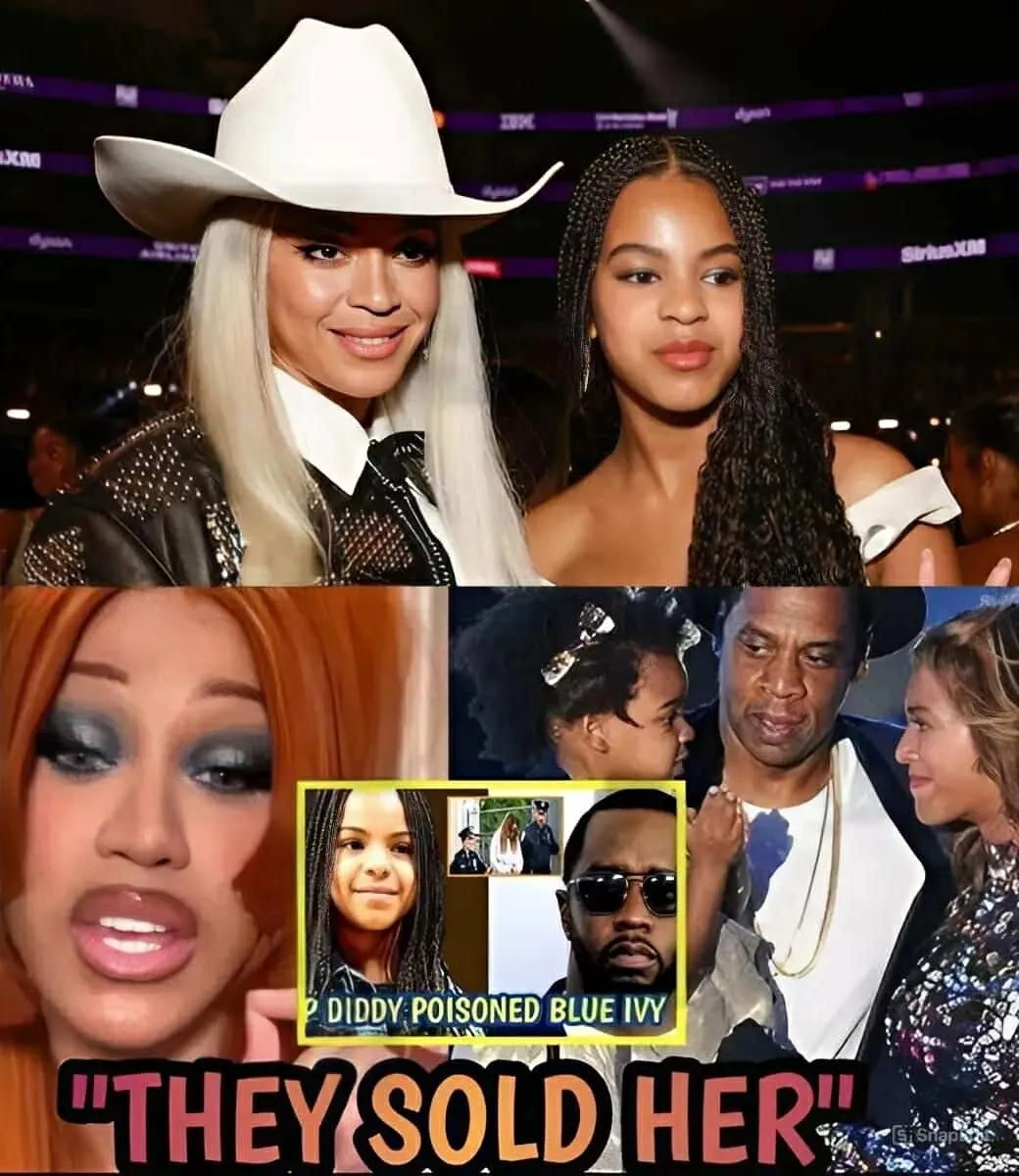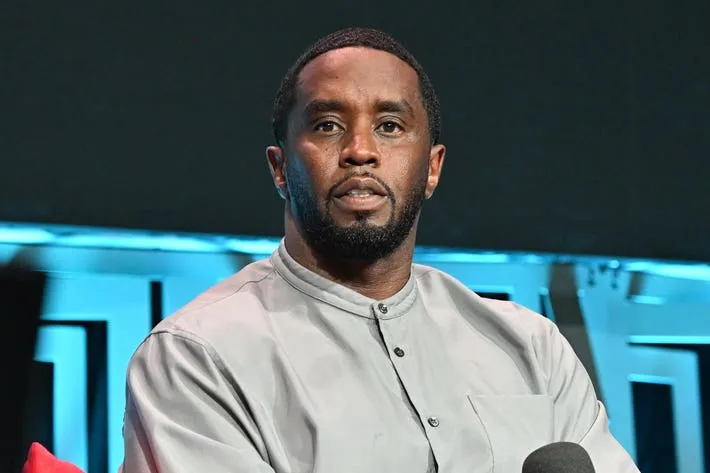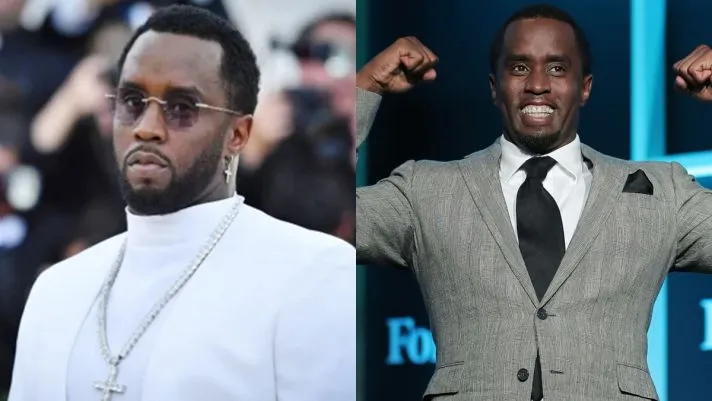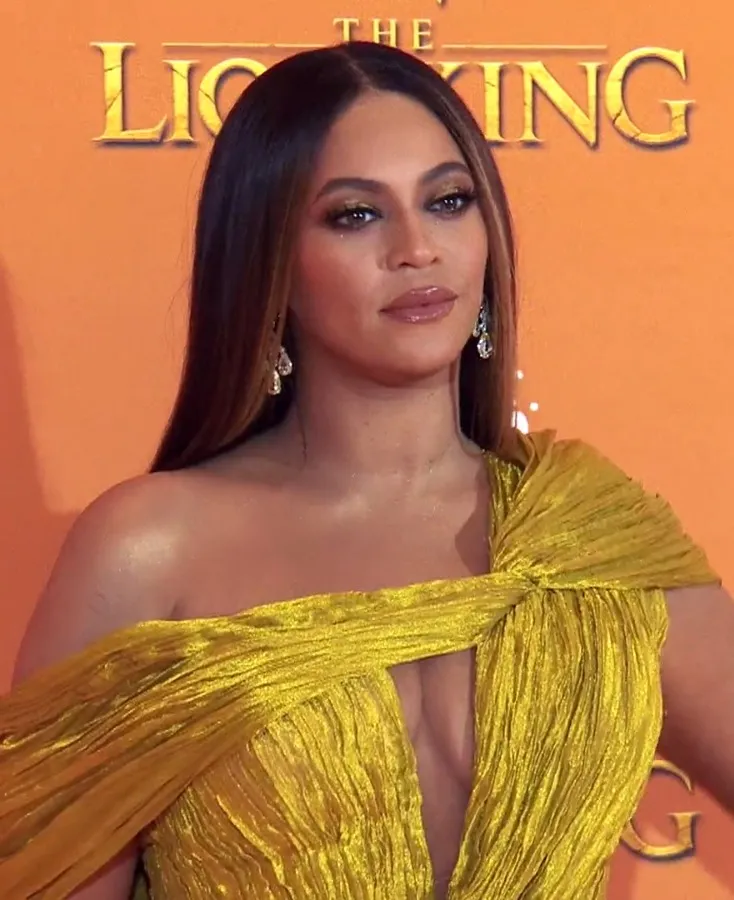This article delves into the explosive allegations involving music industry titans Cardi B, Jay-Z, Beyoncé, and Sean “Diddy” Combs. Specifically, it focuses on the controversial claim that Cardi B allegedly exposed Jay-Z and Beyoncé for covering up Diddy’s misconduct involving their daughter, Blue Ivy. We will examine the context behind these allegations, the rapid spread of such rumors on social media, and how the public and media responded to this unverified information. This discussion highlights the complex relationship between power, influence, and accountability within the entertainment industry.

Allegations of sexual misconduct are extremely sensitive, especially when they involve prominent figures in the entertainment industry. Recently, social media platforms have been buzzing with claims that Cardi B publicly accused Jay-Z and Beyoncé of covering up an alleged incident involving Sean “Diddy” Combs and their daughter, Blue Ivy. Although unverified, such rumors have ignited heated debates, calling into question the responsibility of celebrities in handling and potentially concealing misconduct within their circles.

The controversy started when rumors began circulating that Cardi B, in an unfiltered rant, exposed the alleged cover-up. While there are no confirmed interviews or public statements directly from Cardi B addressing the matter, several online posts attributed to her have been widely shared, suggesting that Jay-Z and Beyoncé played a role in concealing misconduct involving Diddy. The allegations are said to revolve around Blue Ivy, the eldest daughter of the music power couple.

These claims have yet to be substantiated, and no legal action or formal statements have been issued by any of the parties involved. However, the very suggestion of such an incident involving children and trusted industry figures has fueled a storm of speculation and outrage online.
In the digital age, rumors and controversial claims spread quickly, especially when they involve high-profile celebrities. Platforms like Twitter, Instagram, and TikTok have become breeding grounds for unverified stories. Many fans expressed disbelief and demanded clarity from both Cardi B and the Carters (Jay-Z and Beyoncé). Others called for investigations into Diddy’s actions, reflecting the public’s growing intolerance for any form of child exploitation, especially among elites.
However, some users have also criticized the spread of these allegations without evidence, pointing out the dangers of misinformation and character assassination in the digital sphere. The silence from all parties involved has only fueled more speculation, leaving fans divided between those who believe the accusations and those who urge caution until more facts emerge.
The entertainment industry has long faced criticism for its handling of misconduct and the tendency to protect powerful figures. Cardi B’s supposed call-out, if true, would highlight the tension between personal relationships, business interests, and moral responsibility among A-list celebrities. The potential cover-up, if proven, could reflect the darker side of celebrity alliances, where protecting reputations and maintaining influence often take precedence over justice and accountability.
Historically, high-profile individuals have faced accusations of misconduct that were either suppressed or ignored, only to surface later in public scandals. If these allegations against Diddy and the Carters turn out to be accurate, they would add another chapter to the growing demand for transparency and accountability within the entertainment world.
While the allegations that Cardi B exposed Jay-Z and Beyoncé for covering up Diddy’s alleged misconduct remain unverified, the controversy raises important questions about power, influence, and responsibility in the entertainment industry. Whether these claims are true or not, the public reaction reflects a growing awareness of the need for transparency and accountability, especially when children are involved. As of now, the silence from all parties leaves the matter in a state of ambiguity, underscoring the importance of factual reporting and thorough investigation before drawing conclusions.


